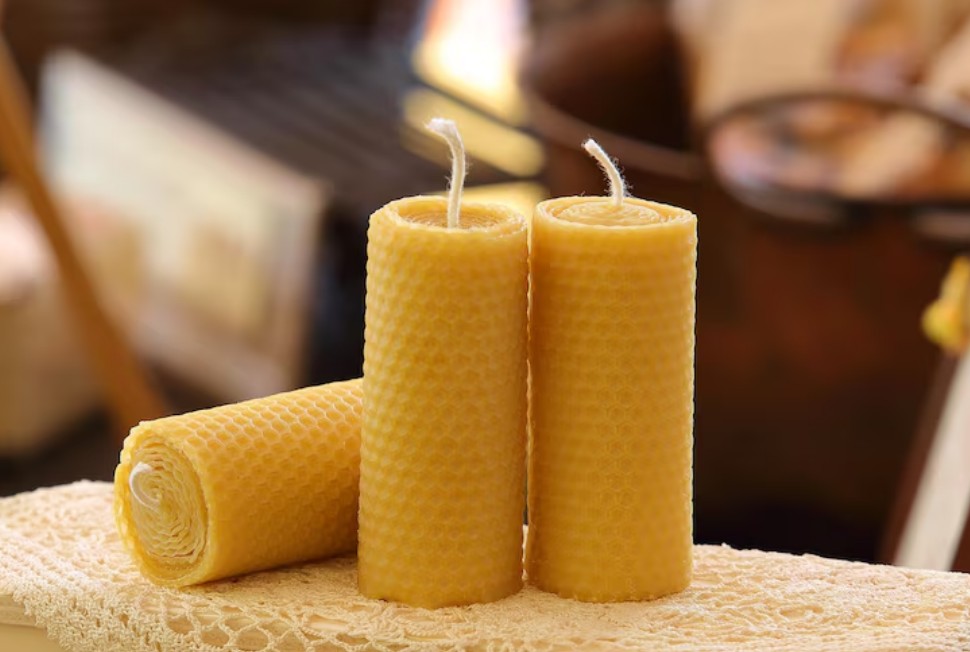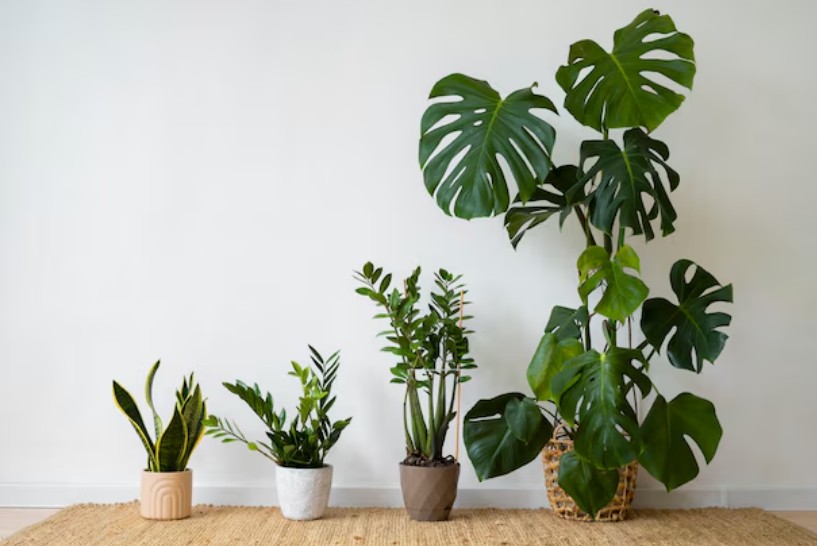
As winter settles in, India once again finds itself battling dangerously high pollution levels. Many major cities are reporting ‘severe’ AQI readings, far beyond the safe exposure limits recommended for healthy breathing. With the country already home to over 70 of the most polluted cities globally (as per AQI.in), ensuring clean indoor air is no longer optional, it’s essential.
While no natural solution can completely eliminate particulate matter, combining these methods can help create a healthier home environment with natural air purifiers, especially when outdoor air remains hazardous.
The first step to improvement is awareness. A personal air-quality monitor provides real-time insights into what you’re breathing indoors, from particulate levels and chemical pollutants to humidity and temperature. With clear data at hand, it becomes easier to adjust ventilation and adopt air-purifying measures more effectively.
Don't Miss: 5 Expert Tips On How To Protect Your Kids From Severe Air Pollution
Beeswax candles are more than just aesthetic. They burn cleaner than traditional paraffin candles and release fewer toxic by-products. When heated, they also emit negative ions, these may bind with dust and allergens, causing them to settle out of the air. If beeswax isn’t available, soy wax and coconut wax candles are safer alternatives that help avoid harmful soot and indoor smoke pollutants.

Although not technically ‘natural,’ air purifiers have become a crucial line of defence. Models equipped with HEPA filters can trap up to 99.97% of airborne particles as small as 0.3 microns, including PM2.5, smoke, pollen, and dust. Checking the purifier’s coverage area and filter quality will ensure it performs effectively based on your room size.
Greenery does more than beautify your space. Plants such as snake plant, money plant, rubber plant, and aloe vera may help absorb certain indoor toxins like formaldehyde, benzene, and xylene. They also boost humidity naturally, reducing dryness caused by polluted air. Aloe vera takes things a step further by helping absorb harmful chemical vapours released from common household cleaners.

Air fresheners, paints, and multipurpose cleaners often contain volatile organic compounds (VOCs) that evaporate into the air and worsen indoor pollution. Switching to organic and non-toxic alternatives, like natural room sprays and low-VOC paints, reduces respiratory irritation and helps keep the air safer for children and the elderly.
In a season when stepping outdoors means exposing your lungs to toxic smog, improving your indoor environment offers welcome relief. From natural air purifiers to smarter product choices, each small step contributes to a safer space for you and your family.
Don't Miss: 10 Indian Cities with the Cleanest Air and Best AQI to Visit
Keep reading Herzindagi for more such stories.
Image Courtesy: Freepik
Also watch this video
Herzindagi video
Our aim is to provide accurate, safe and expert verified information through our articles and social media handles. The remedies, advice and tips mentioned here are for general information only. Please consult your expert before trying any kind of health, beauty, life hacks or astrology related tips. For any feedback or complaint, contact us at compliant_gro@jagrannewmedia.com.